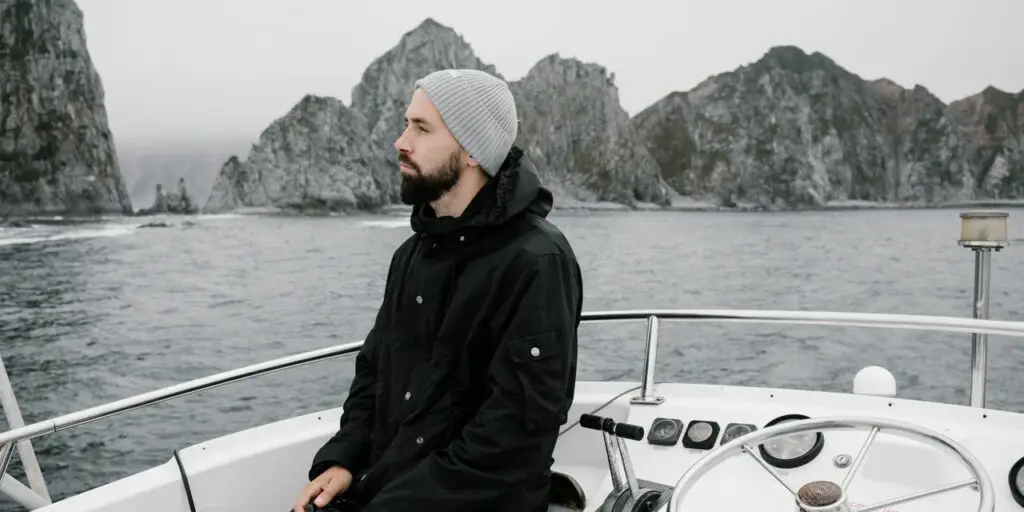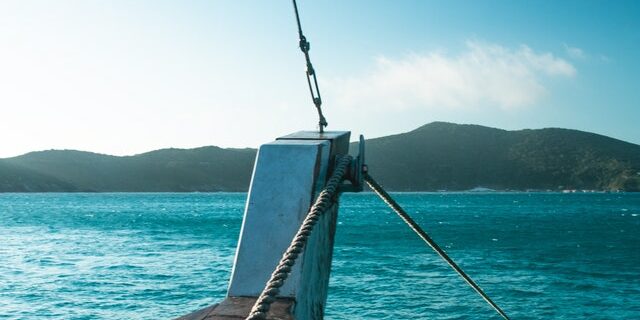Finding the right beginner boat can feel overwhelming, especially if you’re just starting your sailing journey. Whether you’re looking for a small dinghy to sail in calm waters or a daysailer for coastal trips, this guide will help you choose a boat that fits your needs and budget.
Identify Your Sailing Goals
The first step in choosing a beginner boat is understanding what kind of sailing you plan to do. Are you interested in short-day trips, or do you envision longer overnight adventures? Your goals will determine the type of boat that best suits you.
- Day Sailing: If you’re aiming for short, casual trips, small and easy-to-handle boats are perfect.
- Coastal Cruising: For more extended trips, you’ll need a boat with additional comfort features like a cabin or extra storage.
- Sailing Competitions: If speed is a priority, performance boats can offer the thrill you’re looking for, though they often require more skill and maintenance.
Types of Beginner Boats
Choosing the right type of boat is crucial for an enjoyable experience. Each boat type has unique attributes in terms of size, handling, and comfort.
- Dinghies: These lightweight, small boats are ideal for beginners because of their simplicity. With a length of 8 to 15 feet, dinghies are easy to maneuver and great for learning the basics. Example: A typical dinghy costs between $3,000 and $8,000, depending on the model and material.
- Day Sailers: These boats, ranging from 14 to 20 feet, provide more stability and space than dinghies, making them ideal for day trips with family or friends. They are designed for inland and coastal sailing. Example: Day sailers often range from $8,000 to $20,000, depending on the build and features.
- Catamarans: Known for their stability and speed, catamarans are beginner-friendly and offer more space, making them a good choice for those who want comfort and room for more passengers. Example: A small beginner-friendly catamaran can cost around $15,000 to $50,000.
- Cruisers: For those who plan on long-distance or overnight trips, cruisers offer comfort and ample storage, but they can be more challenging to handle and maintain.Example: Small cruisers start around $30,000, while larger models can exceed $100,000.
New vs. Used Boats: What’s Best for Beginners?
Both new and used boats have their advantages, depending on your budget and experience level. Here’s a breakdown:
- New Boats: These boats come with the latest technology and warranties, which reduce the risk of unexpected repairs. However, they tend to be more expensive. A new beginner boat might cost between $10,000 and $50,000, depending on size and features. Tip: New boats are perfect for beginners who want peace of mind with minimal maintenance.
- Used Boats: Buying a used boat can save you money, but it’s essential to thoroughly inspect the boat for wear and tear. An average used boat costs 20-30% less than new ones, but older models may require more upkeep. Tip: Always have a used boat inspected by a professional to avoid hidden repair costs.
Comfort, Safety, and Handling
When selecting your first boat, balancing comfort, safety, and ease of handling is critical. A boat that is too complex or uncomfortable can take the joy out of sailing.
- Comfort: If you prioritize comfort, consider boats with cabin space, seating, and amenities like a small kitchen or bathroom. Keep in mind that added comfort often increases the boat’s weight, which can reduce speed.Example: Comfort-oriented boats, like cruisers, are perfect for weekend trips but may sacrifice agility.
- Safety: As a beginner, it’s important to choose a boat with stable handling, especially in varying weather conditions. Look for features like solid hull construction and reliable rigging.Tip: Consulting an insurance provider can give you insight into the boat’s safety profile based on its construction and equipment.
- Handling: Boats with simple rigging and steering are easier for beginners to control. Dinghies and day sailers offer straightforward handling, making them ideal for learning the ropes.
Cost Considerations and Maintenance
Boat ownership goes beyond the initial purchase price. Factor in the following ongoing costs to ensure you stay within your budget:
- Insurance: Boat insurance varies based on the size, type, and value of the boat. A basic policy for a small boat typically costs between $100 and $500 per year. Larger boats or those used for extended cruising may require additional coverage, raising the cost to $1,000+ annually.
- Storage: Whether you dock your boat at a marina or store it on land, expect to pay docking or storage fees. Marina docking costs can range from $100 to $500 monthly, depending on the location.
- Maintenance: Boats require ongoing maintenance to stay in good condition. Plan to spend roughly 10% of the boat’s purchase price on annual maintenance. For a $20,000 boat, budget around $2,000 per year for regular maintenance and repairs.
Where to Find Beginner Boats
There are several places where you can search for your perfect beginner boat:
- Boat Shows: Attending a local boat show allows you to see a wide range of models and compare them in person.
- Online Marketplaces: Websites like Craigslist, eBay, and specialized sailing forums offer new and used boats at a variety of price points.
- Local Dealerships: Boat dealerships can provide expert advice and financing options, as well as boats with warranties.Tip: Test-sail a few models before committing to a purchase to ensure the boat meets your expectations.
Renting Before Buying
If you’re still unsure about purchasing a boat, consider renting first. Many sailing clubs offer rentals, allowing you to try different types of boats and get a feel for sailing before making a long-term commitment.
Example: Renting a boat from a club typically costs $100 to $300 per day, depending on the boat’s size and location.
Final Thoughts
Finding the perfect beginner boat is all about matching your sailing goals with your budget and needs. Whether you go for a small dinghy or a more spacious day sailer, focus on ease of handling, safety, and comfort. Set a realistic budget, consider ongoing costs, and always test a boat before buying to ensure it’s the right fit for your sailing journey.
For more advice on getting started with sailing, check out this beginner boat guide!




